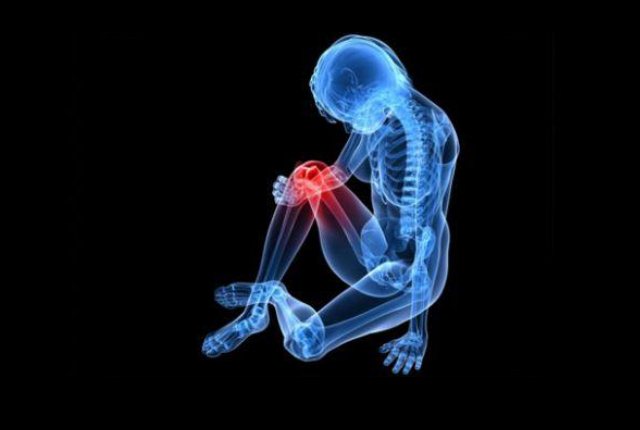It is a common myth that starvation helps in weight loss. Even if you lose some pounds, it is unhealthy and not the right way of weight loss because starvation leads to muscle mass loss and water loss and not fat burn. It’s not just the physical health that is affected. Starving can also be harmful mentally. In order to lose weight, it is important to eat small meals at regular intervals, which will improve the metabolism process.
1. Dehydration
Our body is composed more than 60 percent of water. Starvation in any form leads to depletion of the water reserve in the body. Lack of water in the body can have mild side effects like skin dryness and dandruff to serious internal health issues like irregular bowel movement, dehydration, weight management problems, poor digestion, lack of oxygen in the body, physical and mental stress, fatigue, poor liver and kidney function, and much more. This is the reason why doctors often recommend plenty of fluids for recovery, when we fall ill.
2. Fluctuating Blood Pressure
Starving leads to low intake of minerals and other vital nutrients required by the body to function properly. There is a co-relation between starvation induced poor nutrition and cardiac health. The heart, arteries and other organs related to cardiac health are prone to severe complications due to malnutrition.
3. Electrolyte Imbalance
Starvation means depriving the body of food intake and also starving the body of all vital nutrients. This leads to using up or exhausting all the electrolyte reserves present in the body. The various minerals like calcium, potassium, sodium and magnesium are all essential electrolytes and the deficiency in these electrolytes can cause serious health hazards. Each of them are responsible for carrying out various functionalities of the body’s different organs like circulation of blood, respiration, digestion, reproductive functions. A deficiency or imbalance in electrolyte can interfere with the body’s functioning.
4. Fatigue
Fatigue is the most apparent and the earliest sign of starvation. Food provides energy to our body and provides us the physical and mental strength to carry out our day to day activities. A food deprived body is neither active enough to continue working actively and spontaneously, but also lose the mental ability to think and act properly. Cutting down on food, which is the body’s
source of energy results in exhaustion, fatigue dizziness as well as faintness.
5. Malnutrition
Food is like fuel which is essential for the smooth functioning of the various organs and parts of the body. Our body gets all the vital nutrients like iron, calcium, vitamins, minerals, fluids and other compounds through food. There are many severe consequences of starving which arises from a deficiency of any of these essential components. For example, Iron deficiency causes anemia which further causes fatigue and weakness and affects the immune system, deficiency of Vitamin D may cause skin diseases and depigmentation, while calcium deficiency may weaken out teeth, bones and muscles.
6. Digestion Problems
Digestion problems are obvious when the body is kept starving. It lowers the metabolism rate, causes indigestion and also irregular bowel movement and constipation. The food which is not digested by the body remains trapped in the body, causing further discomfort, irritation or pain. Acidity and gas formation are very common if the body does not get proper food and fluids.
7. Fragile Bone Structure
Fragile bone structure is often associated with low calcium and vitamin D intake. It is very common with people suffering from anorexia, especially women. Starvation related malnutrition may demonstrate musculoskeletal disorders like osteoporosis, muscle loss and fragile bones.
Caution: Please use Home Remedies after Proper Research and Guidance. You accept that you are following any advice at your own risk and will properly research or consult healthcare professional.








